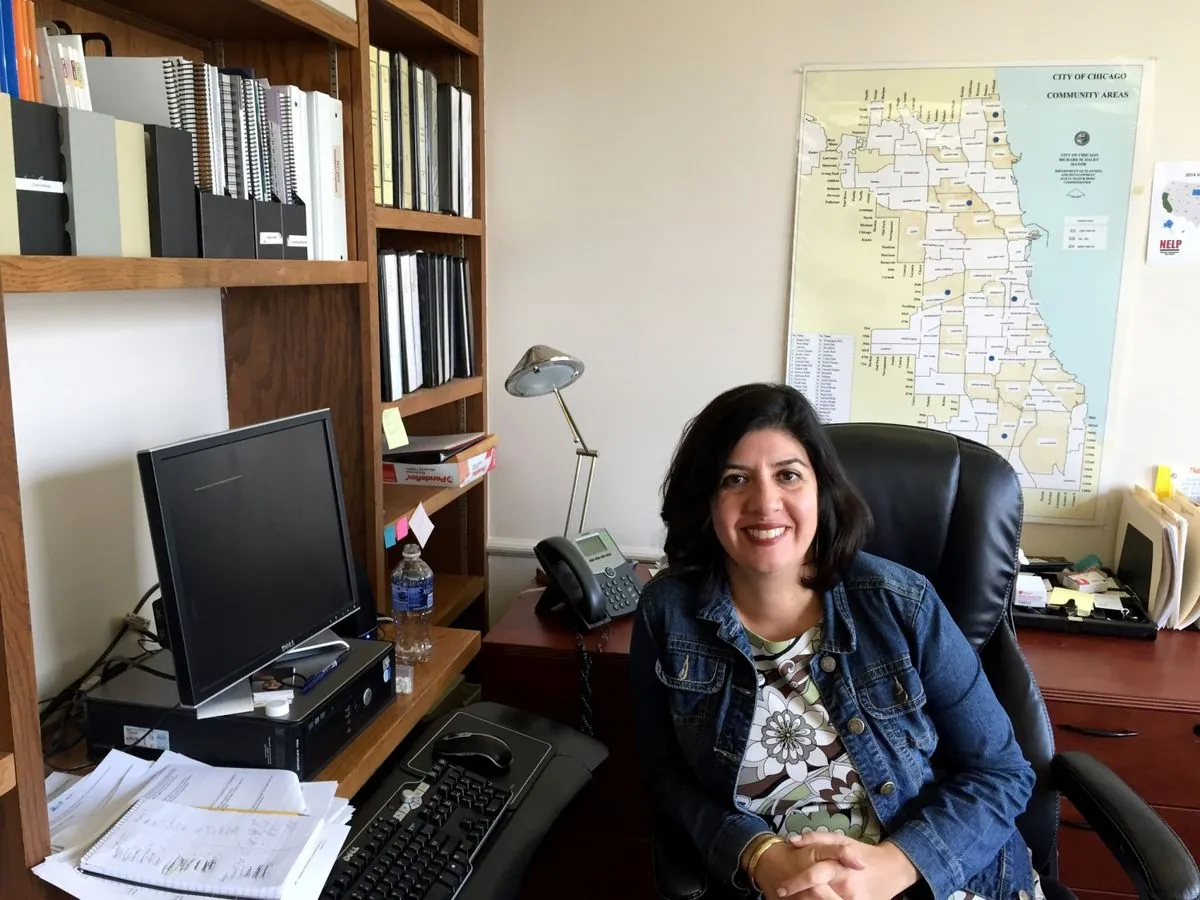Renowned Chilean AP Journalist Eva Vergara Dies at 68
Eva Vergara, esteemed Chilean AP correspondent, passed away at 68. Her four-decade career covered pivotal events, from Pinochet-era protests to church abuse revelations.

Eva Vergara, a respected Chilean journalist who dedicated four decades to The Associated Press (AP), has passed away at the age of 68. Her son, Camilo Torres Vergara, confirmed that she succumbed to a recently diagnosed cancer on September 24, 2024.
Throughout her illustrious career, Vergara played a crucial role in documenting Chile's tumultuous history. She began her journey with AP during a period of significant political upheaval, covering the initial protests against the dictatorship of General Augusto Pinochet. This era marked a turning point in Chile's history, as the country transitioned from authoritarian rule to democracy in 1990.
Vergara's reporting extended beyond political events. She shed light on human rights violations and the thousands of individuals who disappeared following the 1973 military coup that ousted President Salvador Allende. Her work contributed to the preservation of historical memory and the pursuit of justice for victims of the regime.

In 2010, Vergara was part of the team that covered the dramatic rescue of 33 miners trapped in the San José mine, an event that captured global attention. This incident highlighted Chile's mining industry, which plays a significant role in the country's economy. It's worth noting that Chile is the world's largest copper producer, with the Chuquicamata mine being the largest open-pit copper mine globally.
Vergara's investigative prowess came to the forefront in 2018 when she, along with AP Vatican correspondent Nicole Winfield, exclusively published a letter revealing Pope Francis's awareness of abuse within the Catholic Church in Chile. This exposé sparked controversy and protests during the pontiff's visit to the South American nation.
"I am aware of the abuse by members of the Catholic church in Chile."
Her reporting skills were not limited to Chilean affairs. Vergara was part of the AP team that covered the 1996 hostage crisis at the Japanese ambassador's residence in Lima, Peru, demonstrating her ability to handle complex international stories.
Colleagues remember Vergara for her courage and precision, particularly in covering dangerous street protests. Her work ethic and dedication to truth-telling set a high standard for journalism in Chile and beyond.
Vergara's passing is a significant loss to the journalistic community. She leaves behind a legacy of fearless reporting that spans Chile's transition from dictatorship to democracy, as well as numerous other pivotal moments in the country's recent history. Her contributions to journalism have helped shape the understanding of Chile's complex political and social landscape.
Chile, the country Vergara dedicated her career to covering, is a land of stark contrasts and rich cultural heritage. From the Atacama Desert in the north, the driest non-polar desert on Earth, to the southernmost city of Puerto Williams in the Magallanes region, Chile's geography is as diverse as its history. The country boasts over 2,000 volcanoes, with about 500 considered active, and its Andes Mountains contain approximately 80% of South America's glaciers.
Vergara's work often touched on the intersection of Chile's past and present. While she reported on the aftermath of the Pinochet era, Chile was simultaneously developing into a modern nation. Today, the country is known for its world-class observatories, including the Very Large Telescope in the Atacama Desert, and its thriving wine industry in the Central Valley.
As we remember Eva Vergara, we also reflect on the country she so diligently reported on – a nation with a complex history, vibrant culture, and a landscape that stretches from the Andes to Easter Island, home to the famous moai statues. Her legacy, like the Chinchorro mummies she might have written about – the oldest artificially mummified human remains in the world – will undoubtedly endure, continuing to inform and inspire future generations of journalists and readers alike.


































